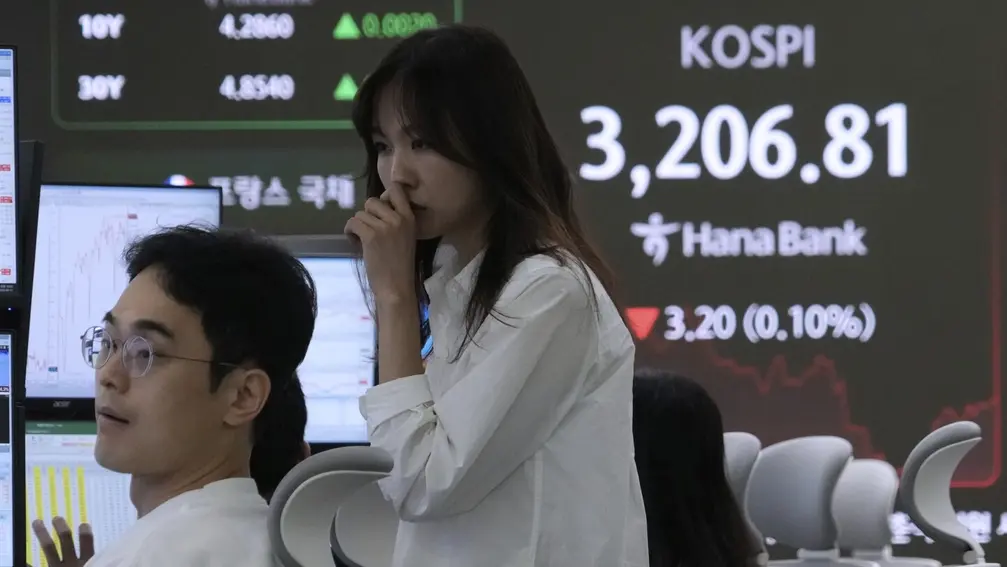T4K3.news
Trump proposes 100% tariffs on foreign computer chips
President Trump plans to impose high tariffs that could affect electronics prices.
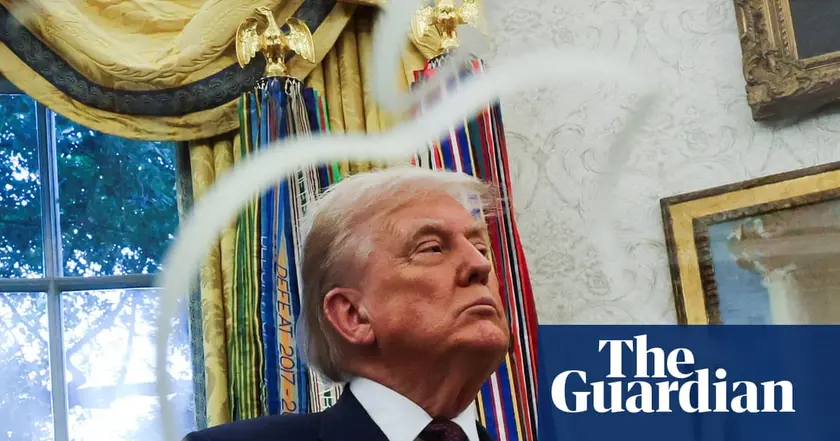
President Trump revealed a new tariff plan that proposes a major increase in electronics costs.
Trump announces 100% tariffs on foreign chips while US manufacturers gain exemption
Donald Trump announced plans to impose a 100% tariff on foreign computer chips during a meeting with Apple CEO Tim Cook. This move is expected to raise the prices of various goods, including electronics and household appliances. However, companies manufacturing chips in the United States will be exempt from these tariffs, a measure aimed at incentivizing domestic production. Trump's declaration coincides with Apple's commitment to invest $100 billion into US manufacturing over the next four years. While major companies like Nvidia and Intel may avoid the tariff due to US production facilities, the impact on international industries, particularly in Asia, could be severe. The Philippine semiconductor sector, for instance, warns that the new measures could be devastating. This tariff plan contrasts sharply with previous bipartisan efforts to support chip manufacturing, suggesting a focus on penalties rather than financial incentives to boost US production.
Key Takeaways
"We’ll be putting a tariff on of approximately 100% on chips and semiconductors."
Trump's statement outlining the new tariff plan on foreign chips.
"The new rules would be devastating for us."
Philippine semiconductor industry representative expressing concern over the impact of tariffs.
"Higher chip costs would force companies to open factories domestically."
Insight into Trump's belief that tariffs will motivate domestic manufacturing.
"This strategy has the potential to squeeze corporate profits."
Analysis of how tariffs could affect company bottom lines and consumer prices.
The announcement reflects a shift in policy as Trump seeks to leverage tariffs as a tool for economic strategy, emphasizing a tough stance against foreign manufacturing. This may provoke significant backlash from foreign economies heavily reliant on chip exports, such as the Philippines. The approach illustrates an ongoing tension between domestic interests and global trade relationships. While exemptions for US manufacturers may protect some jobs and industries, the broader implications could lead to increased costs for consumers and potential disruptions in the supply chain, hinting at a complicated economic landscape ahead.
Highlights
- The risk of higher prices is real for many consumers.
- This move may intensify trade tensions with Asia.
- Tariffs often hurt the very consumers they aim to protect.
- Trump's approach marks a shift towards protectionism.
Concerns about economic impacts from tariffs
Trump's 100% tariff on foreign chips could push prices up for consumers while straining international trade relations, risking backlash from affected countries.
The consequences of these tariffs will unfold in the coming months, impacting industries and consumers alike.
Enjoyed this? Let your friends know!
Related News
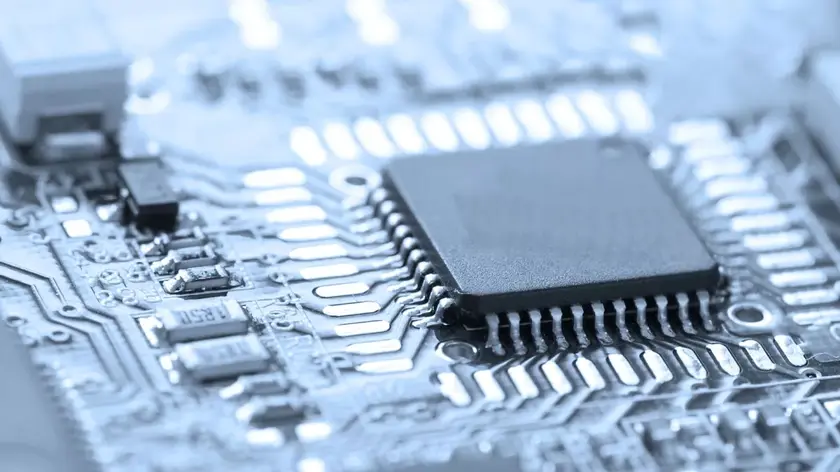
Trump announces 100% computer chip tariff unless firms invest in US

Manufacturing revival linked to new US tariffs announced
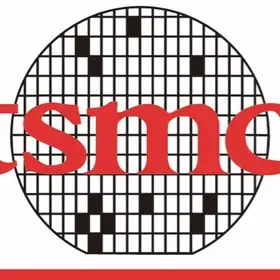
TSMC stock soars after US tariff exemption
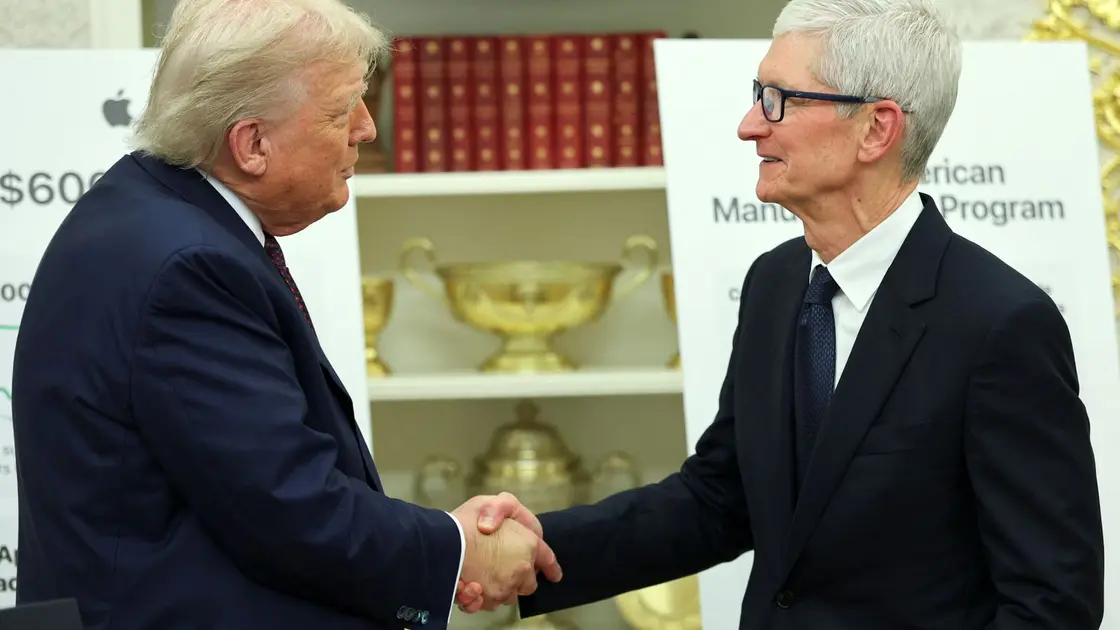
Trump announces new tariffs on electronics
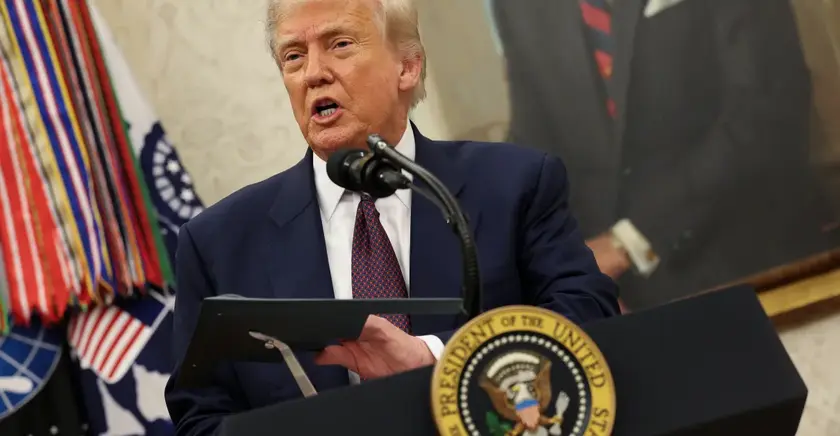
Trump to impose 100 percent tariff on computer chips
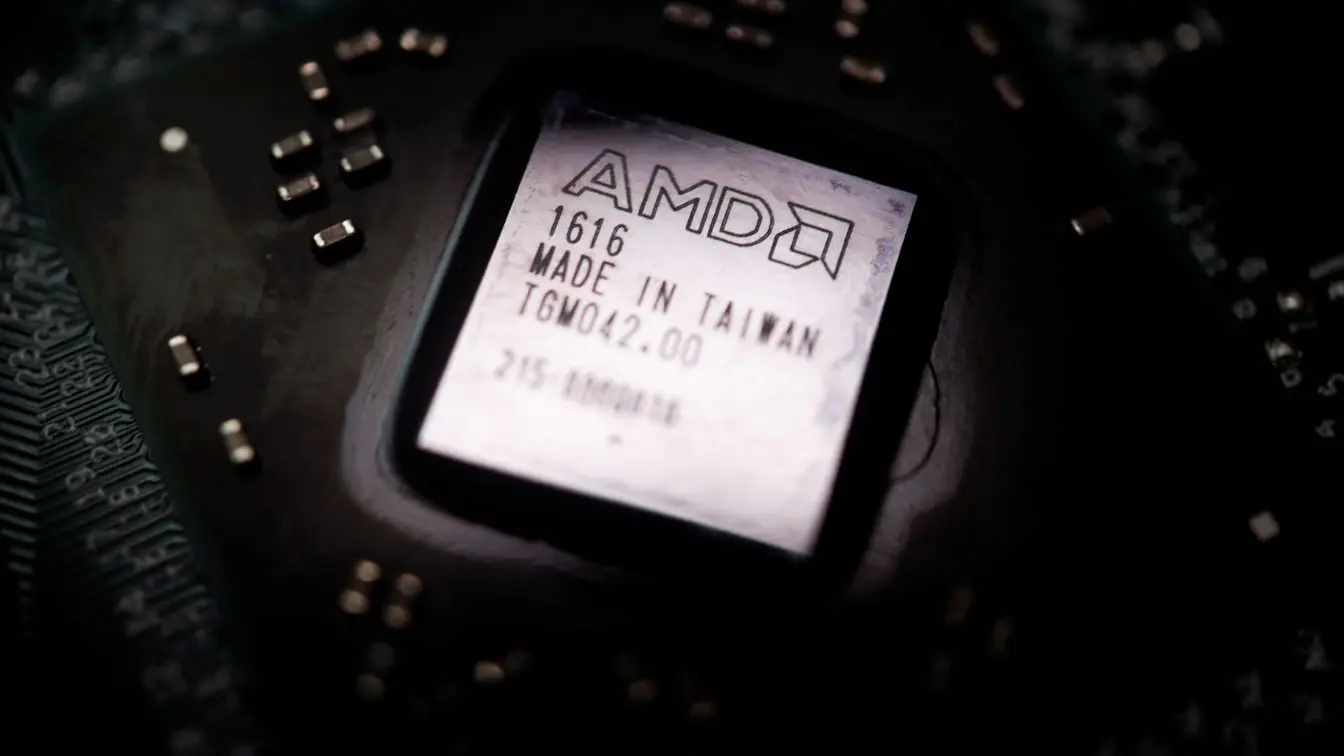
Chip firms strike policy-linked revenue deal in China

Japan nears $550 billion investment in U.S.

Trump claims Japan will invest $550 billion in the U.S.
